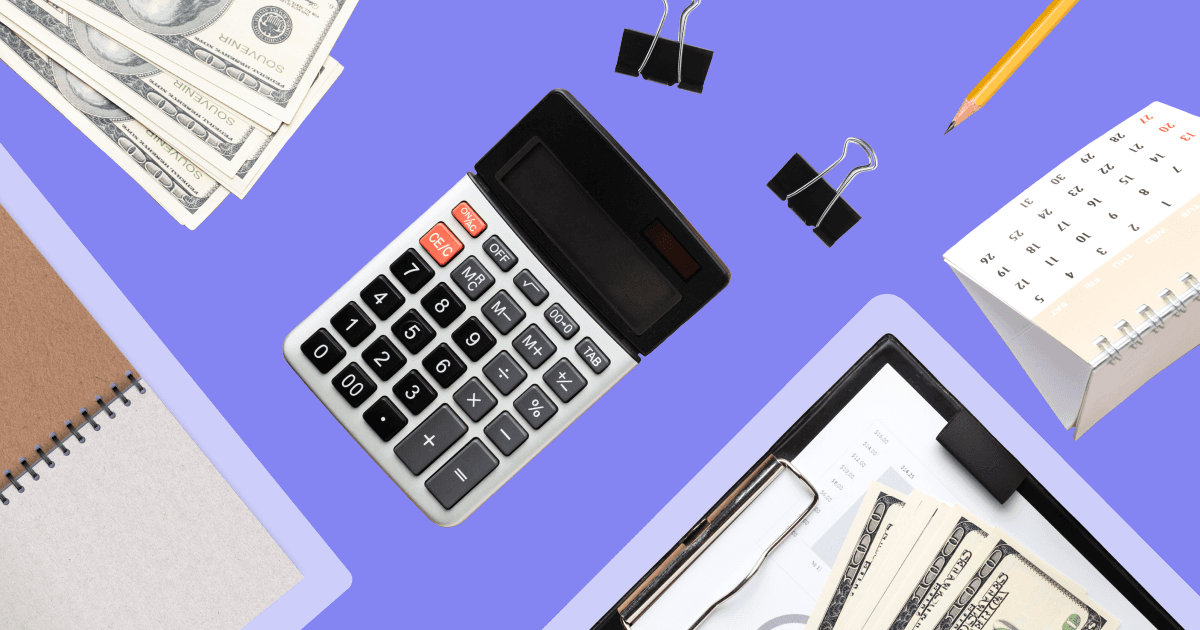Whether you live from paycheque to paycheque or can easily afford some indulgences, you must know how to manage money properly. It’s not as complicated as it might seem. You go over your spending, work out a budget, and do your best to stick to it. Here you will find some basic money management tips to help you navigate the world of personal finances.
Why bother with money management?
Taking a more organised approach to how you manage your money brings countless benefits and presents many opportunities. For example, it enables you to:
· Get a full picture of your spending habits and adjust those to waste less money
· Have control over your budget and pay all your bills
· Be prepared in case of emergency
· Pay off your debts
· Save for important things such as major purchases, education, or retirement
· Financially support your loved ones
· Meet your needs, realise your goals and even fulfil your dreams
· Live with less stress and more confidence.
As you can see, managing your money properly is not only about immediate finance-related advantages; it also allows you to improve your and your loved ones’ lives and well-being in general.
Putting down your budget
As businesslike as it sounds, acquiring personal money management skills is not that difficult. What you need is a plan that is both realistic and motivating. If you are looking for ways of how to manage money wisely, follow these simple steps:
Write down your priorities and goals
Make an ‘inventory’ of your income and spending
Thoroughly analyse your expenses
Track your spending
Adjust your budget, and
Stick to it!
Now, let’s look at each of these in more detail to help you get the gist of what all those personal finance tips mean.

How to manage money, step by step
1 Start with writing down your priorities and goals. Separate those into short-term, say, until the end of the month, and long-term ones, that you would like to achieve at some point in the future, such as buying a house or travelling the world. And remember, to manage your budget efficiently; your goals should be SMART!
Financial tip 1: SMART goal setting
SMART stands for: Specific, Measurable, Attainable, Relevant, and Time-bound. As one of the ways to manage money, it means that if you want to buy a car, then your goal should be not simply ‘save money for a car’ but, for example, ‘put aside [amount] monthly until [date] to buy a [model] car at [price]’. Believe it or not, that’s halfway to getting a car: you know what you want, how much it costs, and how you are going to get that amount. That’s how money management works, basically.
2 Make an ‘inventory’ of your income and spending. If you mostly pay with your bank card, then checking your bank app might be a reasonable first step here, as banks usually provide a statistical summary of how you spend money. Evaluate your expenses and identify the fixed and variable ones.
Financial tip 2: Fixed and variable expenses
Fixed expenses are the same amounts that you have to pay every month. These include, for example, your rent or mortgage payments, municipal taxes, phone bills and other sorts of fixed monthly subscriptions/fees.
Variable expenses are those that, obviously, vary from month to month. You spend different monthly amounts on groceries, clothes, gadgets, entertainment, petrol, and so on.
3 Thoroughly analyse your expenses to see where you could spend less, especially the variable part. This is where the potential for optimisation usually lies because some of that money may be spent on impulse or due to a lack of planning. Nevertheless, fixed expenses can be reduced too, especially if you turn out to be an avid subscriber to dozens of paid online services that you hardly use or if it has been a while since you researched the market for better mobile or insurance plans.
4 Based on the results of your analysis, create a detailed budget plan that includes all your income and expenses and ensures that one covers the others. If your expenses exceed your income, make necessary adjustments. You can start with a simple spreadsheet with two respective columns or download one of the hundreds of personal money-management apps available online. Try outlining your budget for one month first, and then expand your planning horizon.
Financial tip 3: Balancing your budget
The balance should be at least zero, meaning that your income equals your expenses, or, better still, positive, which happens when you earn more than you spend and there is a surplus at the end of the month. Adjust your spending to avoid a negative balance (spending exceeds income) by all means! Living on credit is expensive and, in most cases, not the best way to manage money.
5 During that first month, rigorously track your spending. Write down each purchase or keep receipts, whichever way works for you. Make sure you do a review at least every week. If you see that your expenses are bigger than you planned, you might need to tighten your belt a little for the rest of the month and skip eating out or buying new clothes.
6 By the end of the month, you will have had a better understanding of what your spending habits are. Use it to adjust your budget for the next month(s), possibly reshuffling/cutting your expenses. Or maybe, finding ways to earn more!
Financial tip 4: 50-30-20 budget rule
This simple money management tip was popularised by US Senator Elizabeth Warren in the mid-2000s. It suggests that you divide your income into shares to spend it, as shown in the table below:
| needs | 50% |
| wants | 30% |
| savings | 20% |

Naturally, the shares can vary depending on the circumstances. Still, the general idea of how to manage finances remains the same: about half of your income should cover your needs, some smaller amount is put aside, and the remaining part is for everything else.
7 Once you have outlined your (zero or positive balance) budget, stick to it! As with any new habit, it might be challenging to follow in the beginning, but you will get used to it. There will be a moment when you realise budgeting comes almost naturally, with no additional effort. That’s when you can say you have mastered your personal money management skills. Congratulations!
Bonus money management tip: sharing is caring
Doesn’t it feel great when you no longer have to worry whether you have enough money to last a month, thanks to how you now manage your budget? But there is an even better feeling of knowing that you can support or bring joy to your loved ones. Of course, the best way to do it is in person, but if they are somewhere else, there is a way: you can send them money. And here is our final tip on how to do that most efficiently: use an online money transfer service.
There are dozens of such solutions on the market, and arguably one of the best ways to manage money transfers online is Profee. It covers over 40 destinations globally and offers the best currency exchange rates on the market thanks to its in-house monitoring system. The registration is by phone number and only takes a couple of minutes. Once signed up, you can immediately send up to €1,000 or complete a simple verification procedure to increase the limit. The service is entirely transparent about its charges, and there are no hidden fees. You can use Profee both as a web-based service and as an app, switching between the two at any time. Visit www.profee.com or get the app from the App Store or Google Play to learn more and make Profee part of your money management routine.
We hope that these personal finance tips help you find your own best way to manage money in no time. Just keep in mind that you need to be agile to stay on top of your finances. Life goes on; your circumstances change, your needs change – and so should your approach to how to manage your money. The good thing is, now you know how to work it all out!






